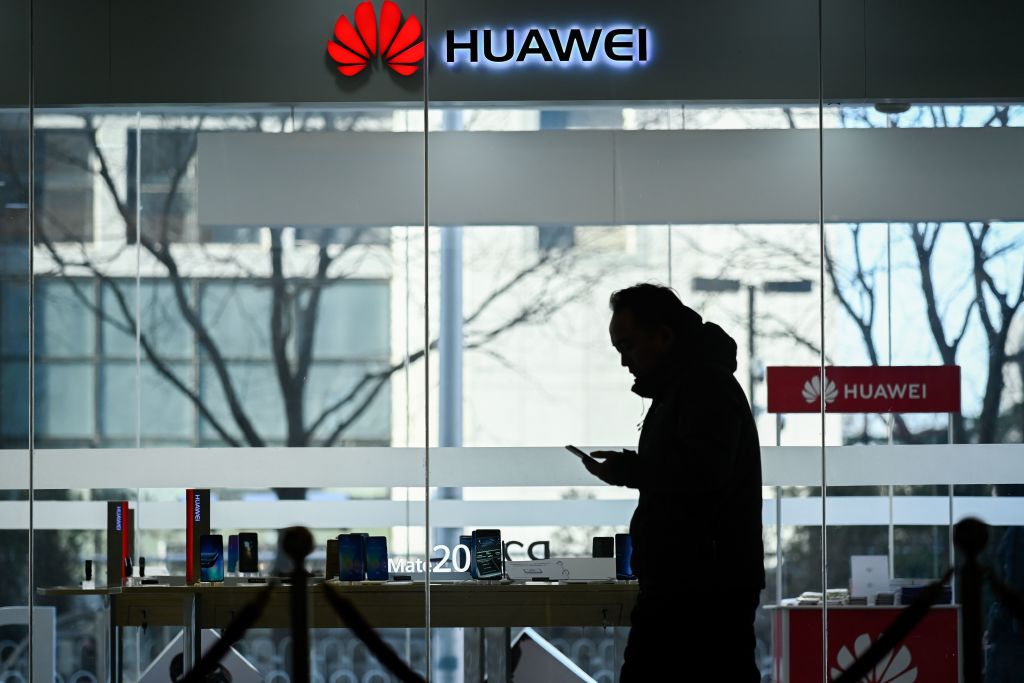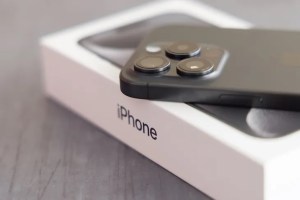Established in the southern Chinese city of Shenzhen in 1987, it didn’t take long for Huawei Technologies to become a top player in global telecommunications. Since 2012, it’s been the world’s biggest manufacturer of telecommunications equipment. Last year, Huawei displaced Apple as the world’s second-biggest smartphone maker, after South Korea’s Samsung. Active in 170 countries, Huawei matters – to China and to the global economy.Yet there have long been questions raised about the company, starting with the fact that Huawei’s founder and CEO, Ren Zhengfei, is a former senior technologist for the People’s Liberation Army. For years, Western counterintelligence has quietly warned about the company’s connections to the PLA and other Chinese security agencies. Recently, those cautions have grown distinctly audible. Last February, the heads of the ‘big three’ US intelligence agencies warned Americans against buying Huawei phones, which they deemed a security risk. As FBI Director Christopher Wray explained, ‘We’re deeply concerned about the risks of allowing any company or entity that is beholden to foreign governments that don’t share our values…It provides the capacity to maliciously modify or steal information. And it provides the capacity to conduct undetected espionage.’Huawei protested its innocence, suggesting this was all a nefarious American plot against their firm, but questions have mounted, and now Huawei finds itself in the crosshairs of Western security agencies. Such scrutiny poses mounting challenges to the company’s much ballyhooed efforts to dominate telecommunications markets worldwide with the coming introduction of next-generation 5G mobile telephony.This fierce competition for uncounted billions of dollars in sales has a seamy side that reached headlines at the beginning of December, when Meng Wangzhou was arrested at Vancouver airport by Canadian authorities acting on a US warrant regarding allegations of fraud relating to dodging international sanctions on Iran.Since the suspect is not just Huawei’s CFO but the daughter of the firm’s founder, Meng’s arrest instantly unleashed paroxysms of rage in Beijing. She was bailed out 10 days after her arrest, on a $10 million bond, leaving her free to wait in Vancouver, electronically monitored, for possible extradition to the United States.Beijing continues to howl curses at Canada over the Meng case. Two Canadians were promptly arrested in China on nebulous charges of endangering national security, in obvious retaliation. This week, China’s ambassador to Ottawa lambasted Meng’s arrest as evidence of ‘Western egotism and white supremacy.’But Beijing’s real rage is aimed at the United States for daring to push back on decades of rampant Chinese industrial espionage that has seriously harmed the American economy. Last year witnessed multiple arrests of Chinese nationals engaged in economically-motivated espionage against the United States, and the problem has grown so serious that in November the FBI and the Justice Department established an interagency working group to combat Beijing’s rampant theft of American intellectual property.For decades, China’s rapidly growing economy has feasted off the theft of Western trade secrets, none more than America’s. Espionage has obtained for Beijing what China’s own research and development efforts could not on their own – or at least not as quickly and cheaply. Under President Donald Trump, US security agencies are finally rising to this pervasive Chinese threat to American security and prosperity. In the long term, cutting off China’s easy access to purloined Western industrial secrets constitutes as great an obstacle to Beijing’s economic growth as the tariffs which President Trump threatens gleefully.Moreover, China’s espionage problems involve more than America. All over the world, countries are growing weary of Beijing’s thievish habits when it comes to spying for commercial benefit. In Australia, Chinese intelligence operations have grown so aggressive – encompassing not just vast industrial theft but espionage and political influence operations – that Canberra’s head of domestic intelligence recently warned of ‘a real and potential existential threat to Australia’s security and sovereignty’ emanating from Beijing. Pushback is going global now, and today brings news of a sensational arrest in Poland that threatens to expose just how deeply involved in international espionage Huawei really is. Two men are in custody on suspicion of spying for Beijing. One is a Polish national, identified as Piotr D, a former senior officer of his country’s Internal Security Agency (ABW) who in that position ‘had access to sensitive information including to an internal government communication system for the secret transmission of information to top officials.’ There are reports that Piotr was dismissed from ABW over corruption allegations. The second suspect, identified as Weijing W, is a Chinese national and Huawei’s sales director for Poland; he is reported to have been involved in selling telecommunications products to Polish state entities. He has worked for Huawei in Poland since 2011, reportedly the same year that Piotr was dismissed from the ABW. The Polish suspect’s former position as deputy head of ABWs information security department gives rise to obvious counterintelligence questions in this case.So far, ABW officers have searched and seized evidence from Huawei’s offices in Poland, as well as the offices of Orange, the telecommunications firm which employed Piotr after he left the secret service under a cloud. The two men have been charged with espionage and face up to 10 years in prison, if convicted. Warsaw’s bombshell spy case threatens to unravel nothing less than Huawei’s global enterprise. If a senior Huawei official has been involved in old-fashioned espionage – not just cyber-theft –in tandem with a former Polish senior intelligence officer, presumably against Warsaw, that’s difficult to explain away. Moreover, it would demonstrate that Huawei is exactly the front for Beijing’s spy agencies that Western counterspies have been warning about at rising volume levels. The commercial implications for the company – and China – would be catastrophic.Just last month, Western tech pundits were pooh-poohing as ‘paranoia’ the ‘absurd’ notion that Huawei engages in espionage on behalf of China. What’s been exposed today by Polish counterintelligence indicates that there’s nothing absurd about that idea, which now looks more than theoretical. All eyes are now on Warsaw to see exactly what this breaking espionage case exposes about the seamy underside of China’s rising economic power.
Maybe it’s time to accept that Huawei is a Chinese intelligence front
The telecoms giant is caught up in another spying scandal

A man looks at his mobile phone as he walks past a Huawei store in Beijing on December 28, 2018. – Chinese telecoms giant Huawei expects to see a 21 percent rise in revenue for 2018, its chairman said on December 27, despite a year of “unfair treatment” which saw its products banned in several countries over security concerns. (Photo by WANG ZHAO / AFP) (Photo credit should read WANG ZHAO/AFP/Getty Images)
Established in the southern Chinese city of Shenzhen in 1987, it didn’t take long for Huawei Technologies to become a top player in global telecommunications. Since 2012, it’s been the world’s biggest manufacturer of telecommunications equipment. Last year, Huawei displaced Apple as the world’s second-biggest smartphone maker, after South Korea’s Samsung. Active in 170 countries, Huawei matters – to China and to the global economy.Yet there have long been questions raised about the company, starting with the fact that Huawei’s founder and CEO, Ren Zhengfei, is a former senior technologist for the People’s Liberation Army….

















